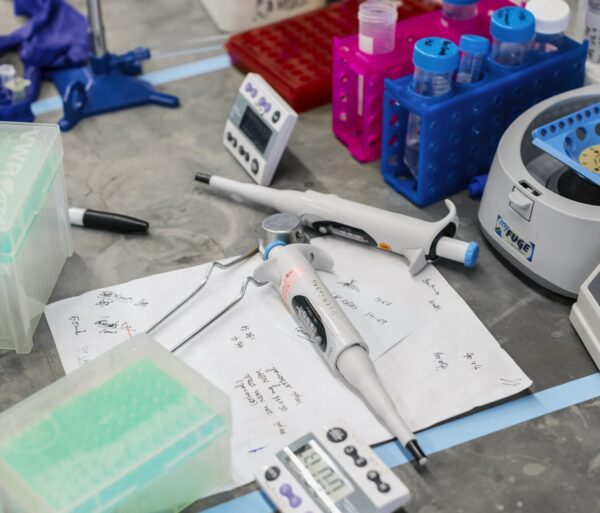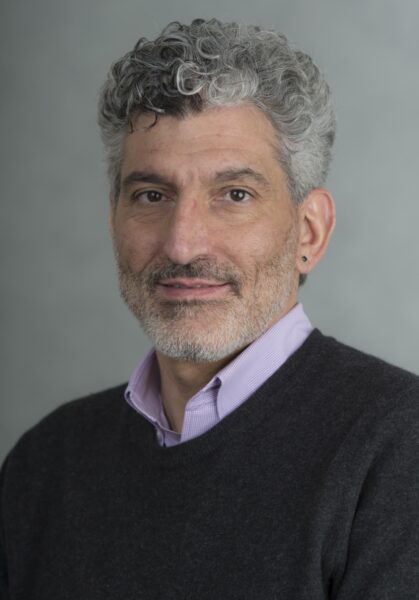
In September, the Brain Research Foundation was awarded a grant for $50,000 from Peregrine Charities to support Dr. Kamal Sharma’s research, at the University of Chicago, on spinal muscular atrophy (SMA).
SMA is the leading genetic cause of death in infants and toddlers, yet it is still a relatively unknown and under-funded disease. It is a group of inherited and often fatal diseases that destroys the nerves controlling voluntary muscle movement, which affects crawling, walking, head and neck control, and even swallowing. One in 35-40 Americans are carriers for SMA, or approximately 7 million people. Over 25,000 American children are estimated to suffer from SMA, comparable to in prevalence to a better known disease—amyotrophic lateral sclerosis (ALS or Lou Gehrig’s Disease). SMA affects the general population equally, there are no race or gender preferences.
SMA is caused by mutations or deletions in the human survival motor neuron 1 (SMN1) gene that produces a protein in the body called survival motor neuron (SMN) protein. This protein deficiency has its most severe affect on motor neurons. Motor neurons are nerve cells in the spinal cord which send out nerve fibers to muscles throughout the body. Since SMN protein is critical to the survival and health of motor neurons, without this protein nerve cells may atrophy, shrink and eventually die, resulting in muscle weakness and atrophy. Destruction of motor neurons affects voluntary muscle movement. And as muscles weaken, even the respiratory system and breathing become compromised.
The main objective of Dr. Sharma’s project was to test the hypothesis that the SMN protein function is required for the rapid transport of nutrients and other trophic factors in motor nerves. Motor nerves consist of long-processes called axons that originate from motor neurons located in the spinal cord. These axons are responsible for carrying neural signals from the spinal cord to the muscle. The length of motor axons depends on the location of the muscle target. For example, axons of those motor neurons that control the function of feet and hands are longer than those that control shoulder or thigh muscles. The maintenance of the fine structure of the motor axon and its ability to control muscles depends on fast transport of proteins and nutrients from the motor neuron to the tip of the axon located in the muscle. This transport is accomplished by proteins that move material through the axon along slender filaments called microtubules.
Previously, Dr. Sharma discovered that in the neural stem cells SMN function is needed for the fast-transport machinery to work efficiently. His lab found that reduced concentration of SMN in the neural stem cells prevents the forward directed fast-transport machinery. They also discovered that this deficiency can be corrected by simultaneously introducing a protein involved in transport called p50 dynamitin into the neural stem cells. With a known deficiency caused by reduced SMN protein and a potential remedy mediated by the p50 dynamitin in the neural stem cells, the obvious next step was to test this paradigm in motor neurons.
Dr. Sharma has started to evaluate fast-transport in the axons of spinal motor neurons in chickens. His research will help elucidate the function of SMN protein, and uncover promising strategies for possible therapeutic reagents for the treatment of SMA.
On September 21, 2006, Brain Research Foundation representatives were guests at Peregrine Charities fundraiser—Oktoberfest. At the event, Peregrine Charities presented the Brain Research Foundation with a $50,000 check to support spinal muscular atrophy research.



